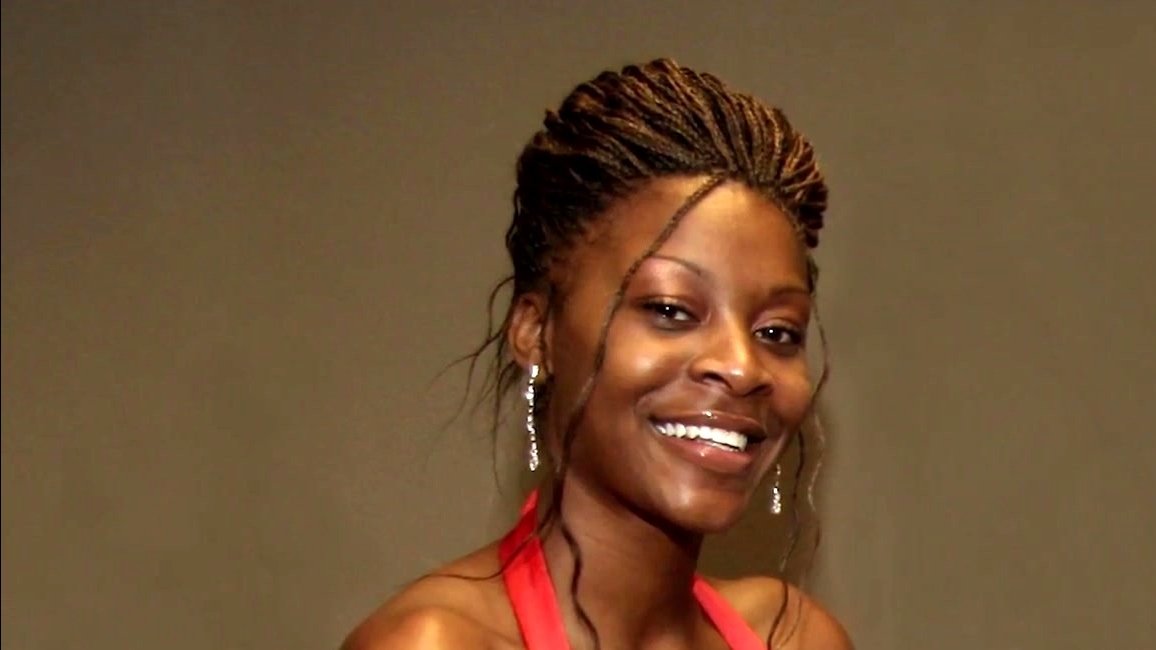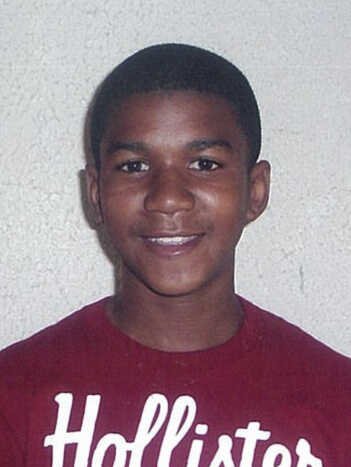On Tamir's 21st Birthday
Image description: a picture of a 12-year-old Tamir Rice. He is smiling at the camera while throwing up a peace sign. The sun from a nearby window gives his soft brown skin a glow.
TW: discussion around police-involved shootings, murder, anti-Blackness, and racism.
Tamir Rice should be 21 years old today.
Tamir should be celebrating with friends and family, with a long weekend to do so.
But Tamir is not here today.
Tamir is not here today because, at the age of 12, he was murdered by a police officer who had been deemed emotionally unstable and unfit for duty by Independence, Ohio’s police department but lied about this to get a job with the Cleveland Police Department.
Tamir is not here today because he was murdered by a Cleveland police officer who never received a background check when he applied for the Cleveland Police Force.
Tamir’s family received no justice for his murder because a jury believed the officer who murdered Tamir was justified in his actions. After all, Tamir had an airsoft pistol that looked real, and there was no way the officer could know the difference.
Meanwhile, white mass shooters on murder sprees get lengthy negotiations, gentle trips to the police station and Burger King, and so much benefit of the doubt and so many excuses for their actions that it’s blatantly apparent whose lives don't matter.
Tamir should be celebrating the benchmark of adulthood.
But Tamir isn't with us today.
[Image description: a picture of a 12-year-old Tamir Rice. He is smiling at the camera while throwing up a peace sign. The sun from a nearby window gives his soft brown skin a glow.]





